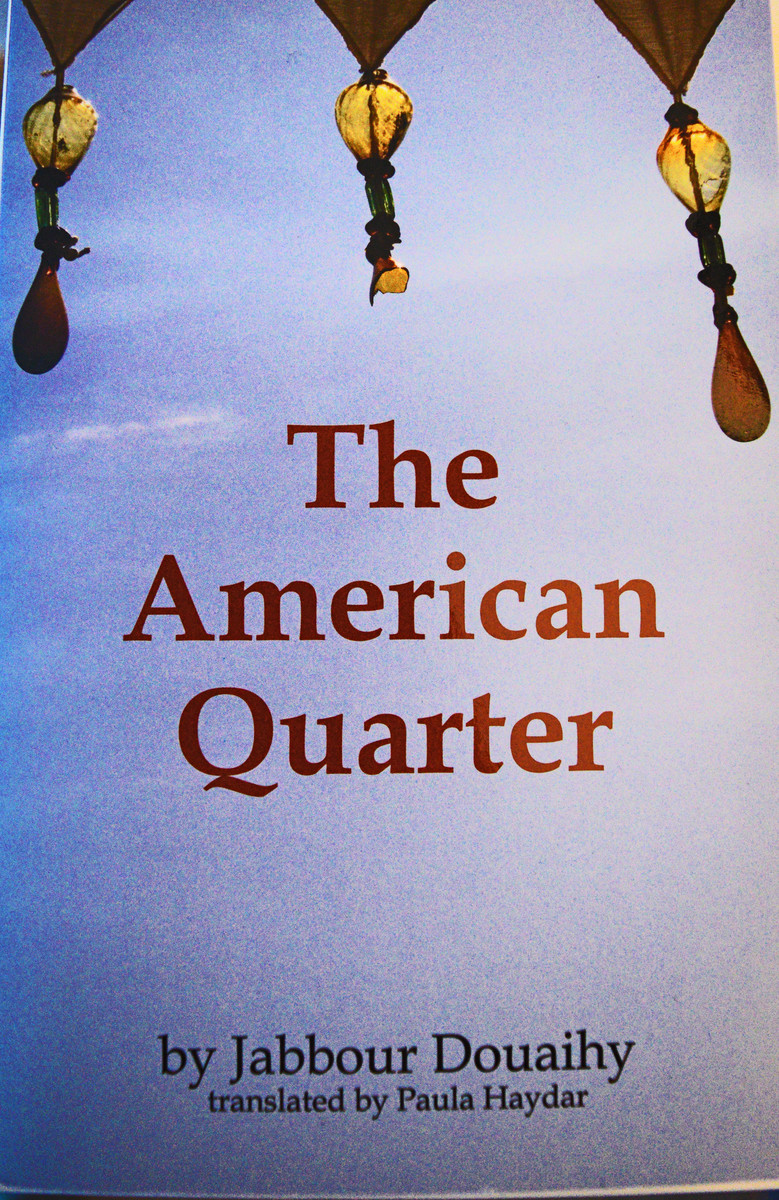CHICAGO: Set in Tripoli at the time of the US invasion of Iraq, “The American Quarter” explores the zealotry and youthful radicalism that grew out of an era of political uncertainty and religious upheaval.
Celebrated Lebanese author Jabbour Douaihy introduces his readers to Ismail, a young man who becomes radicalized after leaving his hometown.
Douaihy’s characters embody the highs and lows of life in Tripoli’s American Quarter and display the resilience that allows its residents to survive.
Now a dwindling city, this former economic stronghold dating back to the 14th century is a backdrop to complicated and often disappointing lives.
The reader’s introduction to the American Quarter comes via the home of Abdelrahman Bakri, who lives with his family on the first floor of an apartment block, while 27-year-old Intisar Muhsin and her family live on the second floor. Overlooking a river and reached by climbing endless stairways, the area has been “inundated by poor folk from the nearby mountains.”
Muhsin, a mother of four with an incapacitated husband, captivates the reader with her strength. She is the caretaker of the house, a role she inherited from her mother, and has a family history almost as long as the city’s.

Through Douaihy’s characters, the reader learns how Tripoli’s past shaped the city and the lives of families who endured the French mandate of the early 1920s and other harrowing experiences.
Time has not always been kind to Tripoli, as the 2012 Bab Al-Hadid massacre by Syrian forces and the radicalization of the city’s youth show. However, Douaihy’s characters live their lives intelligently, and while their paths are not always clear, they venture along them bravely.
The author writes of the city with love, though it is clear that life in the American Quarter is far from easy. Survival is for those who refuse to allow anyone or anything to stand in their way.























